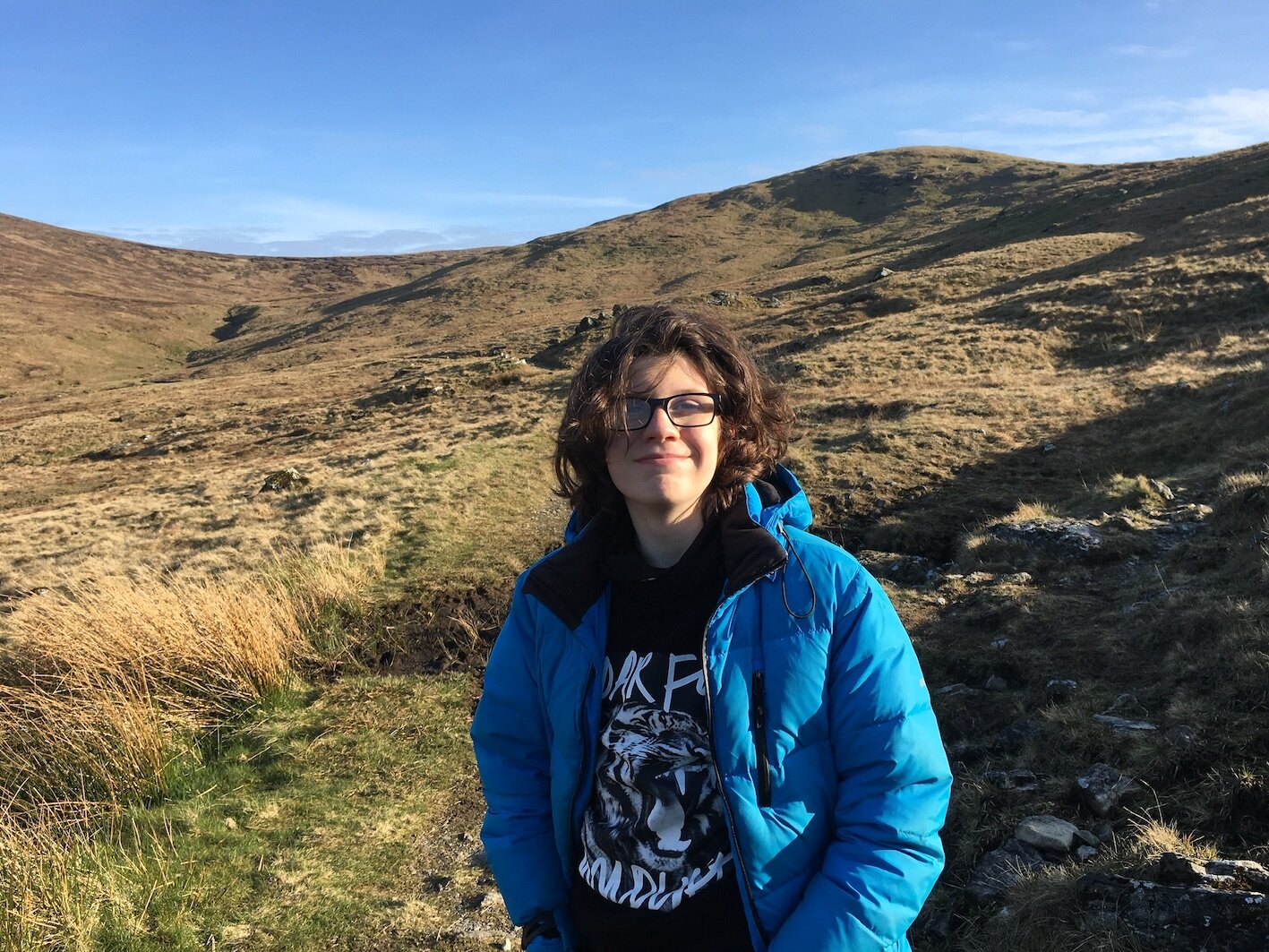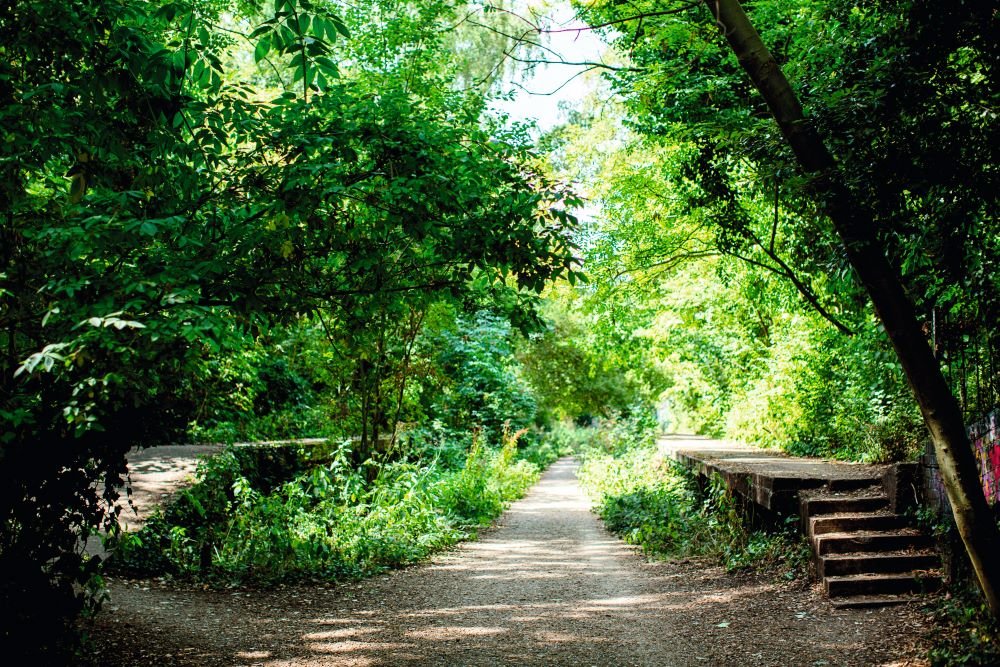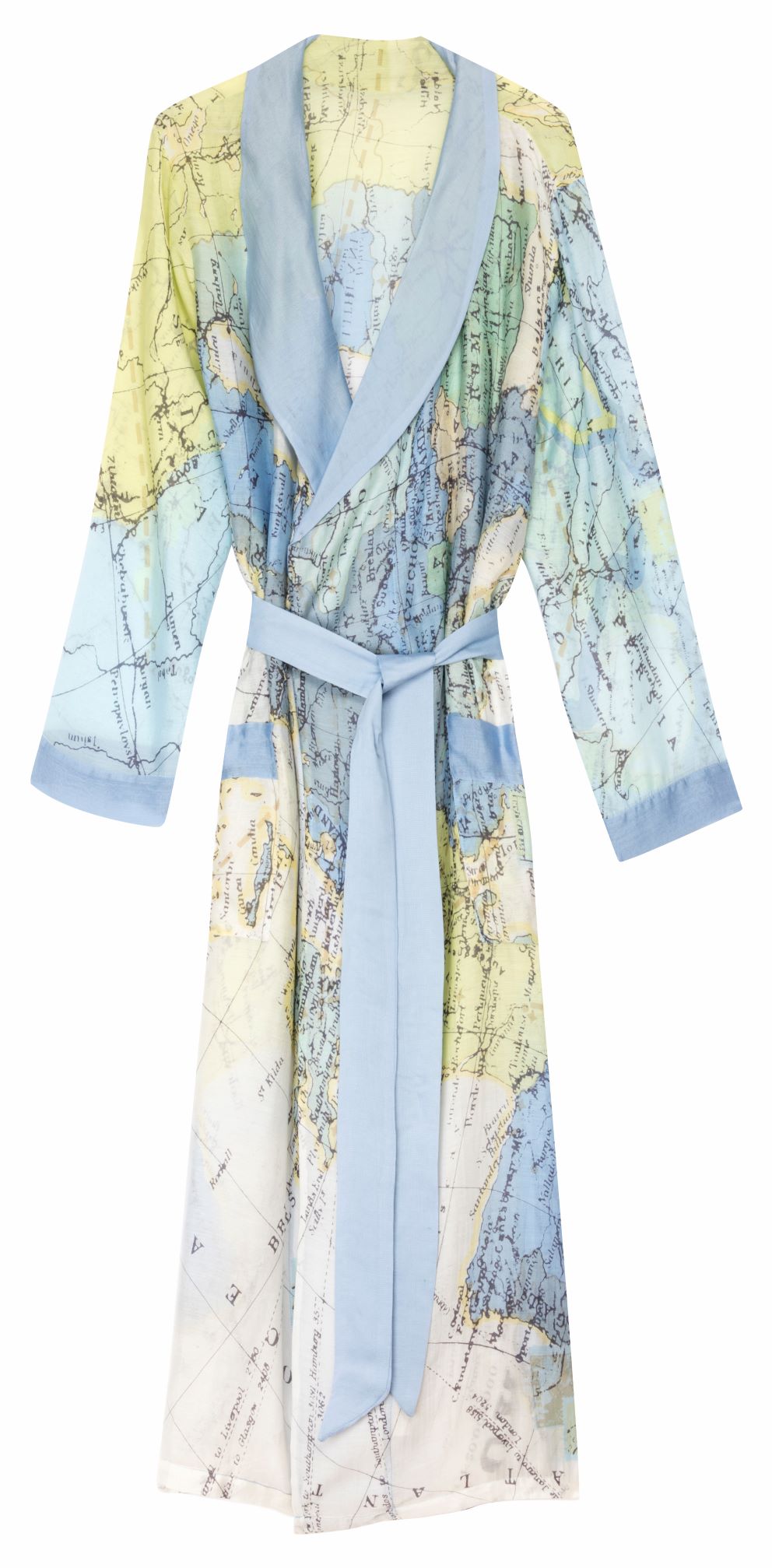No matter your age, we all benefit from immersing ourselves in the wild. In our October issue, we meet four young naturalists, who also have an idea or two to impart about what everyone can do to help protect it.
Dara McAnulty is a 17-year-old autistic naturalist, conservationist and activist. He spent three years blogging before his first book, Diary of a Young Naturalist (Ebury Press) won the Wainwright Prize for Nature Writing. This edited extract is taken from the paperback edition, out now.
I have the heart of a naturalist, the head of a would-be scientist, and bones of someone who is already wearied by the apathy and destruction wielded against the natural world. Mum used to call me lon dubh (which is Irish for blackbird) when I was a baby. I was born in spring, and my first mornings were accompanied by the sonata of the male blackbird, nourishing a growing body and mind. Maybe its song was the first lure to the wild.
I started to write in a very plain bungalow surrounded by families who kept their children behind closed doors, where our garden (unlike any other in the cul-de-sac) became a meadow during the spring and summer months, with wildflowers and insects. Our family spent hours and hours observing the abundance that other gardens lacked. I think we’re all better off bringing nature inside and taking ourselves out.
We’ve lived in many places during my short life, but wherever we settle, our home is crammed with books, skulls, feathers, politics, unbridled debates, tears, laughter and joy. Not only is our family bound together by blood, we are all autistic, all except Dad – he’s the odd one out, and he’s also the one we rely on to deconstruct the mysteries of not just the natural world (he’s a conservation scientist) but the human one too. A teacher once told my parents ‘Your son will never string a paragraph together.’ Yet here we are. My voice is bubbling up, volcano-like.
When we (by ‘we’ I mean autistics) get interested in something, most people would call it an ‘obsession’. It really is not an obsession, though. It’s not dangerous, quite the opposite. It’s liberating and essential to the workings of my brain. It calms and soothes: gathering information, finding patterns, sequencing and sorting out is a muscle I must flex. I prefer the word passion.
I can’t just love the natural world. I have to raise my voice even louder to help it. It’s my duty, the duty of all of us, to support and protect nature. Caring for nature and for ourselves can happen anywhere and everywhere: gardens filled with life, nature reserves, resting spots, feeding spaces, nourishing places. Focusing in on the activity and behaviours of wildlife in our garden is so satisfying, for the mind, for the heart. Homework doesn’t feel like a chore after time spent quietly feeling rain and watching birds. There is nothing better than tending to this connection between all living things.














